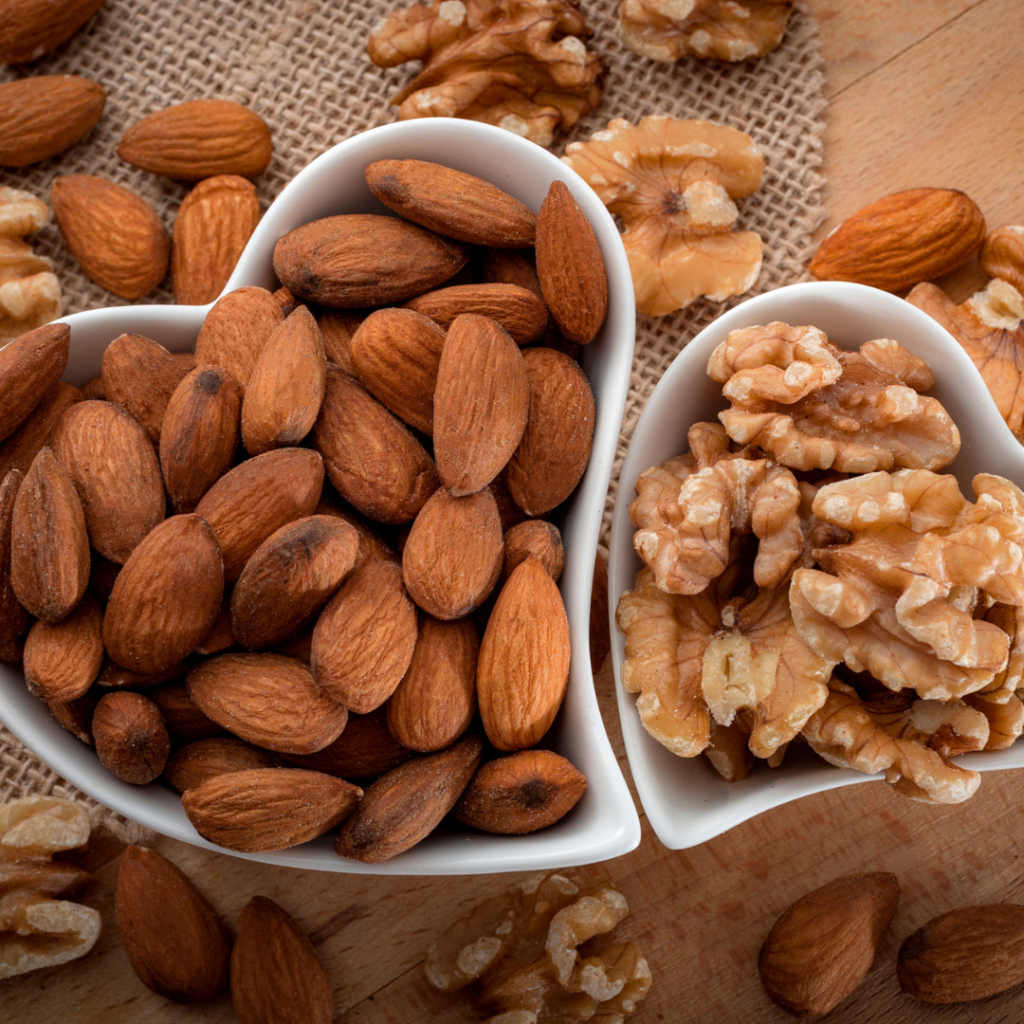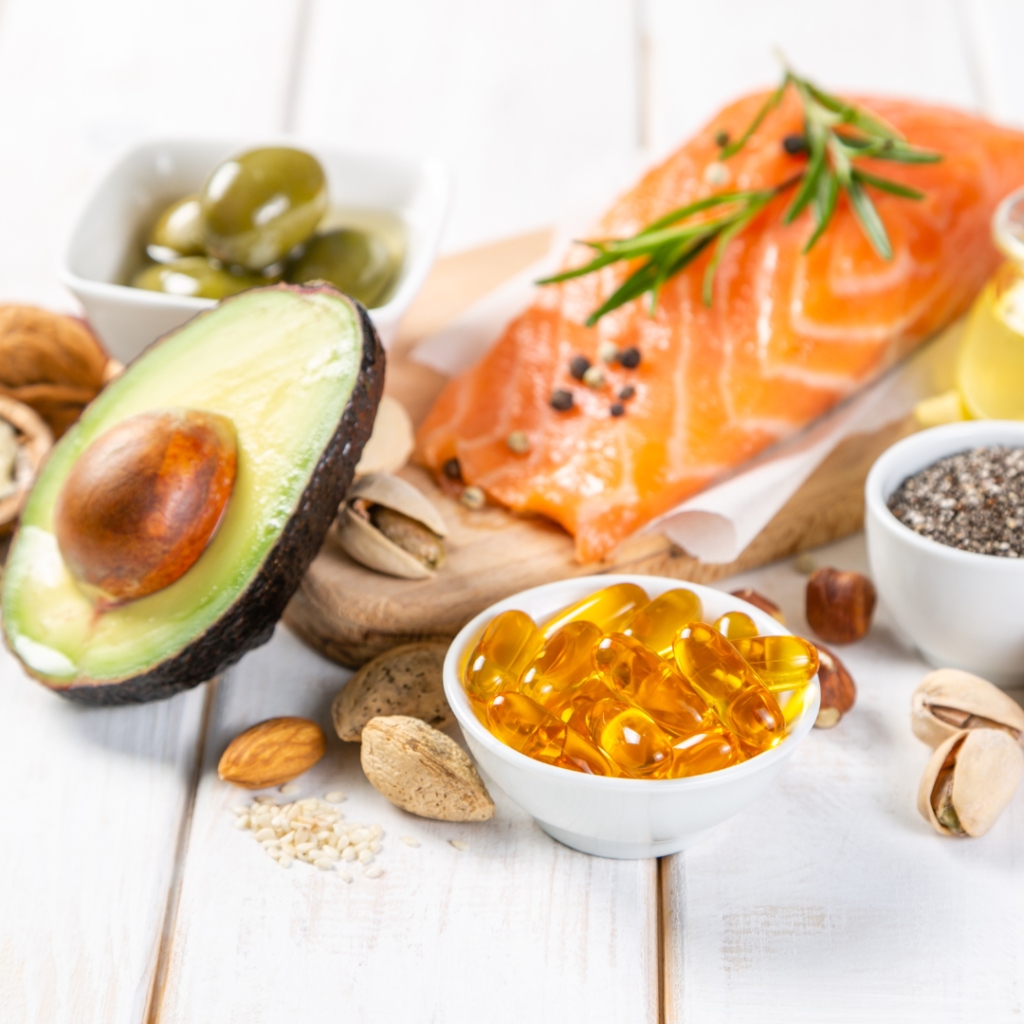
Boost Your Reproductive Health with These Foods!

Understanding Reproductive Health
Reproductive health encompasses a broad spectrum of factors that contribute to an individual’s ability to conceive and maintain overall well-being. For women, it is particularly crucial as it not only pertains to the ability to achieve pregnancy but also to manage menstrual cycles, hormonal balance, and overall physical health. The significance of reproductive health extends beyond the biological aspects; it plays a vital role in emotional and psychological well-being as well. (American College of Obstetricians and Gynecologists. (2023). Diet and Nutrition for Women of Reproductive Age. ACOG. https://www.acog.org/)
Age is a notable factor affecting reproductive health, as fertility tends to decline with advancing age. This decline can impact hormonal levels, menstrual regularity, and the overall likelihood of conception. However, age is not the only influence on reproductive capacity. Lifestyle choices, such as smoking, excessive alcohol consumption, and a sedentary lifestyle, can detrimentally affect fertility. Adopting healthier habits can thus enhance reproductive health and possibly increase fertility.
National Institutes of Health (NIH): The NIH notes that both aging and lifestyle choices can significantly affect reproductive health and fertility. It encourages individuals looking to conceive to adopt healthier lifestyle habits to optimize their reproductive potential.
Diet is another essential element in the context of reproductive health. Certain healthful foods are known to promote fertility, while others may hinder it. For instance, incorporating fertility foods like fruits, vegetables, whole grains, and healthy fats can provide vital nutrients that help regulate hormonal function and improve ovulatory cycles. Conversely, diets high in trans fats and refined carbohydrates may negatively impact reproductive health. CLICK HERE FOR MULTIVITAMINS FOR WOMEN
Sexual education also plays a fundamental role in understanding reproductive health. Comprehensive sexual education equips individuals with knowledge about their bodies, reproductive systems, and the importance of health screening. Ensuring access to this education is crucial in facilitating informed choices about lifestyle and dietary habits that can support fertility.
CLAMI YOUR ALMOST FREE BOOK ON SEXUAL HEALTH AND WOMEN REPRODUCTIVE HEALTH
In conclusion, maintaining reproductive health is imperative for women, impacting their overall wellness and capacity for conception. Understanding the interplay of various factors like age, lifestyle, diet, and education is essential to fostering reproductive health and enhancing fertility. Focusing on specific foods that promote reproductive wellness can serve as a foundation for improving both health and fertility outcomes. CLAIM YOUR FREE BOOK ON FEMALE REPRODUCTIVE HEALTH
Key Foods That Support Fertility in Women
Ensuring optimal reproductive health is essential for women seeking to enhance their fertility. A well-balanced diet that includes specific nutrient-dense foods can significantly boost fertility by addressing nutritional deficiencies and promoting overall health. Incorporating certain foods known to support hormonal balance and ovulation can be a positive step toward achieving reproductive goals.
Leafy greens such as spinach and kale are packed with essential vitamins and minerals, including folate, which is critical for fetal development. Folate helps prevent neural tube defects and supports a healthy conception process. Additionally, these greens are high in antioxidants that can help combat oxidative stress, a factor known to impair fertility.

Nuts and seeds also play a vital role in supporting women’s reproductive health. Almonds, walnuts, and flaxseeds are particularly beneficial, as they are rich in healthy fats, which are crucial for hormone production. Omega-3 fatty acids found in these foods can improve fertility by reducing inflammation and improving blood flow within the reproductive system.

Whole grains such as quinoa, brown rice, and oats are excellent sources of complex carbohydrates. These foods help to stabilize blood sugar levels, which is essential for maintaining hormonal balance. Their fiber content also aids in digestion and contributes to long-term health, both vital aspects for women aiming to conceive.

Finally, healthy fats from avocados and olive oil should be incorporated into the diet as they provide crucial fatty acids. These fats play a significant role in the production of reproductive hormones and can enhance overall fertility. Together, these fertility foods create a nutritious foundation tailored towards improving reproductive health and addressing infertility-related issues.
The Importance of a Balanced Fertility Diet
A balanced fertility diet plays a crucial role in enhancing reproductive health and addressing issues related to infertility. Nutritional intake not only supports overall well-being but also significantly influences fertility outcomes. A diverse blend of macronutrients, including carbohydrates, proteins, and healthy fats, along with essential micronutrients such as vitamins and minerals, forms the foundation of such a diet. Each of these nutrients contributes to the body’s ability to maintain optimal hormonal balance, vital for regulating reproductive function. CLICK HERE FOR SUPPLEMENTS

Additionally, antioxidants are essential components that combat oxidative stress, which can negatively impact fertility. Foods rich in antioxidants, including berries, nuts, and leafy greens, help neutralize free radicals in the body, ultimately promoting healthier eggs and sperm. Incorporating these fertility foods into one’s daily diet can not only improve reproductive health but also enhance overall vitality.
Furthermore, specific food groups are associated with improved fertility outcomes. For instance, whole grains provide necessary fiber, while dairy products supply calcium and other beneficial nutrients. Healthy fats, such as those found in avocados and olive oil, contribute to hormone production and cellular function. On the other hand, certain processed foods, high in sugar and unhealthy fats, may hinder fertility by promoting insulin resistance and inflammation within the body.
In light of these considerations, focusing on foods to eat to increase fertility is vital for individuals aiming to enhance their reproductive health. By adopting a well-rounded fertility diet, individuals can take significant strides towards improving their chances of conception. The integration of a variety of nutrient-dense foods not only enhances reproductive function but also fosters an overall healthy lifestyle, establishing a solid foundation for potential future pregnancies.
CLICK HERE FOR PROTEIN POWDERS
Practical Tips for Incorporating Fertility Foods Into Your Diet
Incorporating fertility-boosting foods into your diet can effectively enhance your reproductive health. To make this process seamless, consider the following practical tips. CLICK HERE FOR FERTILITY TEAS
First, meal preparation is key. Devote time each week to plan your meals, ensuring they are rich in foods known to increase fertility. This may include incorporating a variety of fruits, vegetables, whole grains, and healthy fats. Items such as avocados, nuts, and seeds are excellent choices. Focus on meals that are easy to prepare yet nutrient-dense, providing essential vitamins and minerals known to support reproductive health.
Creating a grocery list before shopping can also streamline your efforts in selecting fertility foods. Include items rich in antioxidants, such as berries and leafy greens, as well as omega-3 fatty acids found in fatty fish and flaxseeds. By having a clear list, you reduce impulse purchases and ensure your kitchen is stocked with fertility-friendly options.

Easy recipes can play a vital role in encouraging the consumption of these foods. For instance, consider preparing a vibrant quinoa salad with mixed vegetables, nuts, and a lemon-tahini dressing. This dish not only tastes delicious but also combines multiple fertility-boosting ingredients in one meal. Moreover, smoothies can serve as a quick snack or breakfast option, blending fruits like bananas and spinach with yogurt for an added protein boost.
For snacks, choose items such as hummus with carrot sticks or a handful of mixed nuts. These options are nutritious and can help maintain energy levels throughout the day. Additionally, when planning meals for male fertility, consider incorporating zinc-rich foods like oysters, beans, and fortified cereals to support overall reproductive health.
In conclusion, by prioritizing foods to eat to increase fertility and employing these practical tips, you can effectively enrich your diet with essentials that promote reproductive health. A balanced approach to nutrition can ultimately lead to improved outcomes for both men and women facing fertility challenges.
